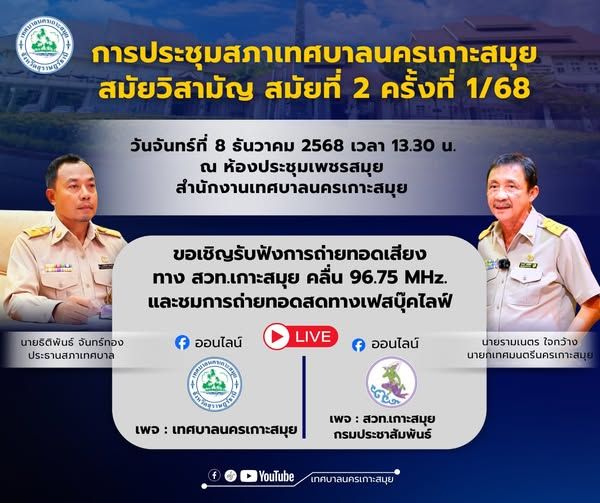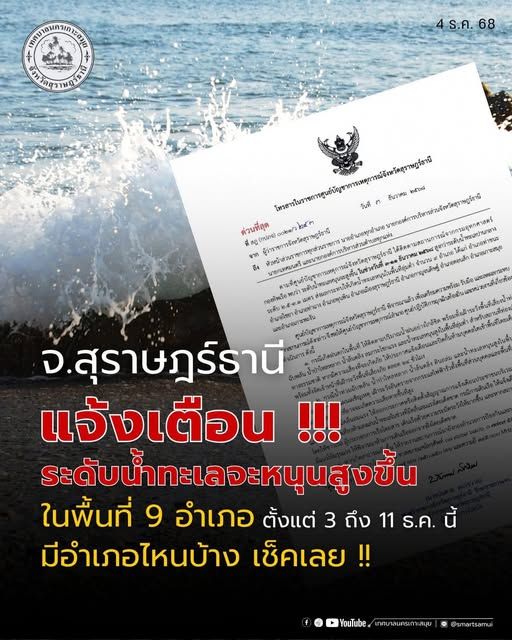Thailand’s new government aims to boost the economy, increase economic engagement with other nations, and work towards a sustainable future. They plan to stimulate job creation, provide financial assistance to vulnerable groups, implement a blockchain-based payment system, expand export markets, and upgrade the healthcare program. #Thailand #sustainability #economy #blockchain #healthcare #investment
Economic Growth and Global Engagement
In a recent speech at the Bangkok Post Forum 2023 titled “Thailand: The Era of Change,” Prime Minister Srettha Thavisin outlined the top priorities for the new government. These include boosting the economy, increasing economic engagement with other nations, and working towards a sustainable future. Mr. Srettha emphasized the importance of overcoming the challenges posed by the Covid-19 pandemic and emerging as a regional center for business and commerce.
Job Creation and Financial Support
The Thai government plans to implement policies aimed at stimulating job creation and providing financial assistance to low-income families and vulnerable groups. This support will help level the playing field within Thai society. According to Mr. Srettha, the 10,000-baht digital wallet scheme is expected to inject US$16 billion into the economy, with a possible ripple effect of up to $57 billion next year, accounting for 5% of GDP.
Embracing Blockchain Technology
As part of these efforts, the government will lay the groundwork for a nationwide blockchain-based financial payment system. This initiative is expected to streamline processes for foreign investment, creating a more efficient and attractive environment for investors.
Poverty Reduction and Foreign Investment
The government’s ambitious goal is to eradicate poverty for all households by 2027. Foreign investment is another priority for achieving this objective. Mr. Srettha believes that attracting companies from high-tech industries will contribute directly to economic growth and prepare Thailand for the new global economy.
Strengthening International Business Ties
During his visit to the United Nations General Assembly, the prime minister engaged in talks with business leaders from companies like Tesla and Estee Lauder, who are considering expanding their operations in Thailand. Additionally, major financial institutions have expressed interest in investing in the country. Tech giants Google and Microsoft are also exploring the possibility of opening data centers in Thailand.
Expanding Export Markets and Trade Agreements
The government aims to broaden the export market and aggressively pursue trade relationships with regions such as the European Union (EU), while also working on free trade agreements (FTAs). Furthermore, the government will leverage existing cooperation frameworks like the Regional Comprehensive Economic Partnership (RCEP) and the Asia Pacific Economic Cooperation (APEC) to capitalize on the Indo-Pacific Economic Framework for Prosperity (IPEF) negotiations.
Stimulating the Economy and Tourism
Since assuming office, the cabinet has approved various policies to stimulate the economy, including measures to lower energy costs, pause debt and interest repayment for farmers, and introduce visa exemptions for Chinese and Kazakh tourists. This has already resulted in a 6,000% increase in hotel bookings compared to the previous year.
Universal Healthcare and Sustainability
Improving people’s livelihoods remains a primary concern for the government, with a focus on sustainability. Mr. Srettha highlighted Thailand’s provision of universal healthcare coverage since 2002 and pledged to upgrade the program, aiming to reduce the number of households facing health impoverishment to below 0.25% by 2027.
A Bright Future for Thailand
With these measures in place, the prime minister expressed confidence in the nation’s ability to thrive in the coming years. To achieve success, however, the government must work closely with the private sector and the general public. As Mr. Srettha said, “There has never been a better time to invest and engage with Thailand.”
Subheadings Summary
- Economic Growth and Global Engagement
- Job Creation and Financial Support
- Embracing Blockchain Technology
- Poverty Reduction and Foreign Investment
- Strengthening International Business Ties
- Expanding Export Markets and Trade Agreements
- Stimulating the Economy and Tourism
- Universal Healthcare and Sustainability
- A Bright Future for Thailand
Frequently Asked Questions
What are the main priorities of Thailand’s new government?
The new government of Thailand, led by Prime Minister Srettha Thavisin, has outlined several key priorities, including boosting the economy, increasing economic engagement with other nations, and working towards a sustainable future. They plan to stimulate job creation, provide financial assistance to vulnerable groups, implement a blockchain-based payment system, expand export markets, and upgrade the healthcare program.
How does the government plan to embrace blockchain technology?
The Thai government aims to lay the groundwork for a nationwide blockchain-based financial payment system as part of their efforts to boost the economy and attract foreign investment. This initiative is expected to streamline processes for foreign investment, creating a more efficient and attractive environment for investors.
What steps are being taken to improve healthcare and work towards sustainability?
The government is committed to improving people’s livelihoods with a focus on sustainability. Mr. Srettha highlighted Thailand’s provision of universal healthcare coverage since 2002 and pledged to upgrade the program, aiming to reduce the number of households facing health impoverishment to below 0.25% by 2027. Additionally, they are implementing various policies to stimulate the economy and tourism, while also working on expanding export markets and trade agreements to create a more sustainable economic environment.




